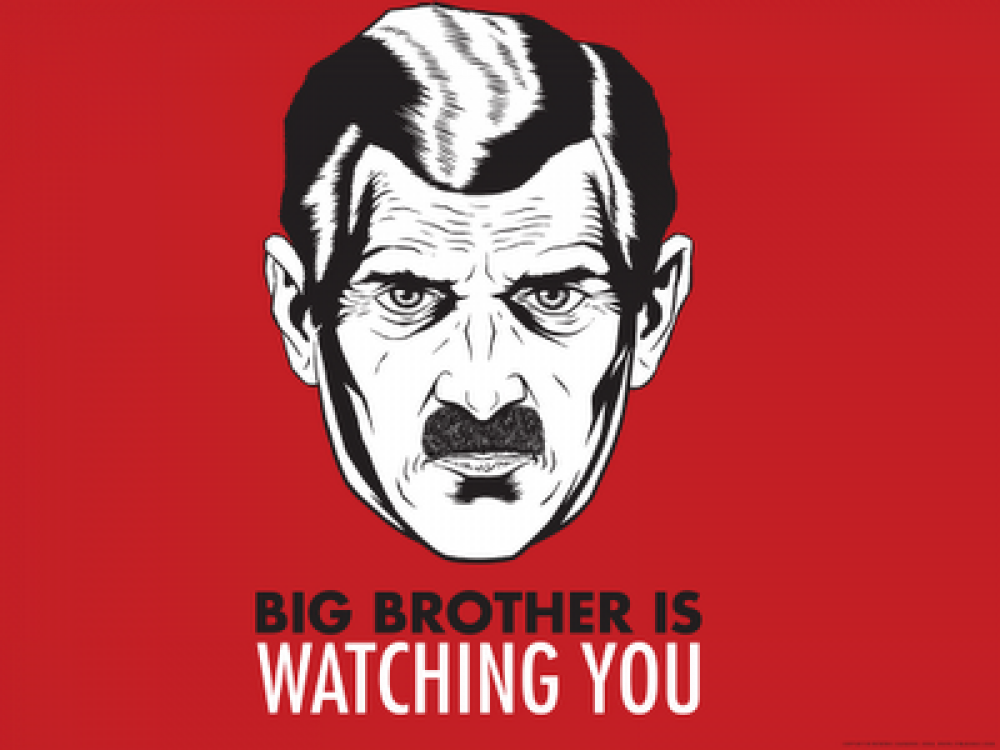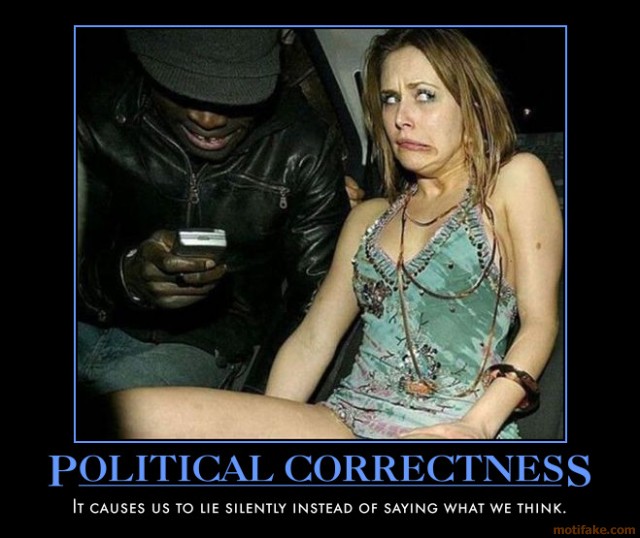R Soave
A3P
April 7, 2014
Hypersensitive students and professors all over the country are about to score another victory for political correctness if they succeed in their mission to normalize the use of “trigger warnings,” which are intended to protect people from taking part in class discussions and media that might offend them.
“Trigger warnings” are most commonly attached to online news articles and blog posts. They warn readers that the post contains specific, offensive content. An article about sexual violence, for instance, might come with a trigger warning for rape victims. The idea is to prevent post traumatic stress.
But censorship-inclined activists are now eager to force professors to attach trigger warnings to their syllabi.
“Some students and professors argue that nearly everything should come with a trigger warning,” wrote Laurie Essig, a professor of psychology at Middlebury College and a contributor to the Chronicle of Higher Education. “Mrs. Dalloway? Trigger warning: suicidal tendencies. The Great Gatsby? Trigger warning: suicide, domestic abuse, graphic violence. Think I’m making this up? I’m not.”
Essig provided the example of a Rutgers University student who praised trigger warnings as an ideal compromise between free expression and censorship, noting that “by creating trigger warnings for their students, professors can help to create a safe space for their students — one that fosters positive and compassionate intellectual discussion within the collegiate classroom.”
Students at the University of California-Santa Barbara are doing their best to make their PC dreams a reality. The student government passed a resolution that urged administrators to adopt mandatory trigger warnings as official university policy last month.
“This is not meant to censor … but it really just asks that professors and other people on campus acknowledge the effects of triggering content on students with PTSD,” said Bailey Loverin, the student who sponsored the resolution, in a statement.
While the push to mandate trigger warnings is largely coming from the left, some liberals are condemning it in no uncertain terms. The Nation’s Michelle Goldberg called the pro-censorship agenda of the PC crowd “left-wing anti-liberalism,” in a column:
Perhaps every political generation is fated to be appalled by the one that succeeds it. In the 1960s, longtime socialist intellectuals were horrified by the anarchic energies of the new left. Then some of those new leftists reached middle age and watched, aghast, as new speech codes proliferated on college campuses during the first iteration of political correctness. I was in college then and am now in my thirties, which means it’s my turn to be dismayed by a growing left-wing tendency towards censoriousness and hair-trigger offense.
The New Republic also published an article critical of trigger warnings.
“Bending the world to accommodate our personal frailties does not help us overcome them,” wrote Jenny Jarvie in an article for TNR.

